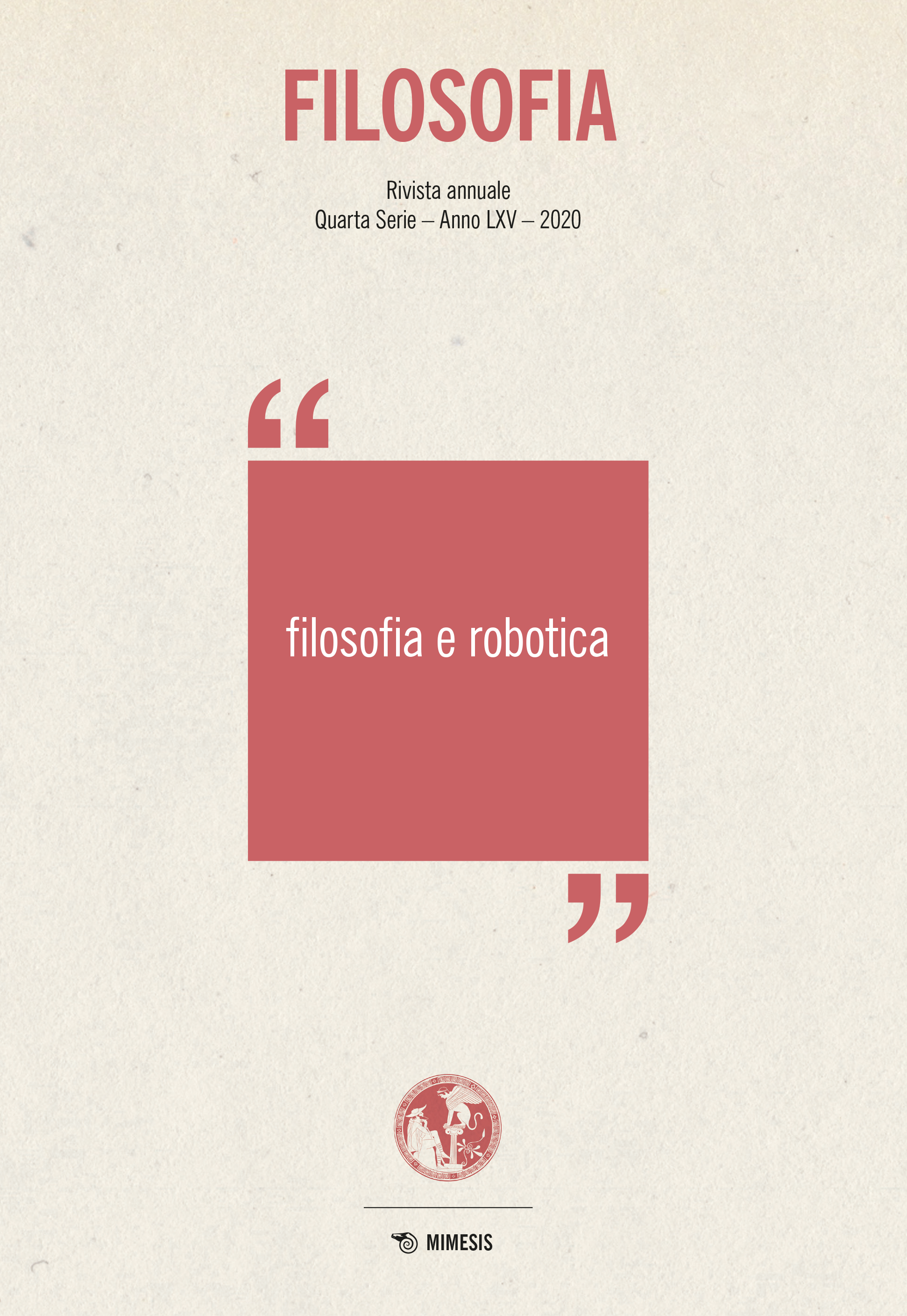Ruins
A typology and a definition
DOI:
https://doi.org/10.13135/2704-8195/5238Keywords:
ruin, debris, site, heterotopiaAbstract
The paper develops a typology of ruins depending on the attempts of defunctionalize and re-functionalize them. Starting from anthropological premises (the idea of trace in documentality), and following the method of Marc Augé, ruins are thus distinguished in proper ruins (e.g. those in Simmel), debris and sites. An analysis of the experience of ruins is proposed on the two levels of flânerie and hermeneutical comprehension. The temporal problem of the ruin (studied by authors such as Benjamin, Freud and Heidegger) is solved in spatial terms with its definition as a “natural heterotopia” through a close confrontation with Foucault: this new definition opens up new possibilities for a re-functionalisation, yet different from a substitution or a re-use of ruins. Those possibilities are artistical and political practices, often situated at the margin or even deviant: artistic performances, writing, squatting, integrated conservation, re-valorisation, free fruition, use as photography or cinematography subject.



